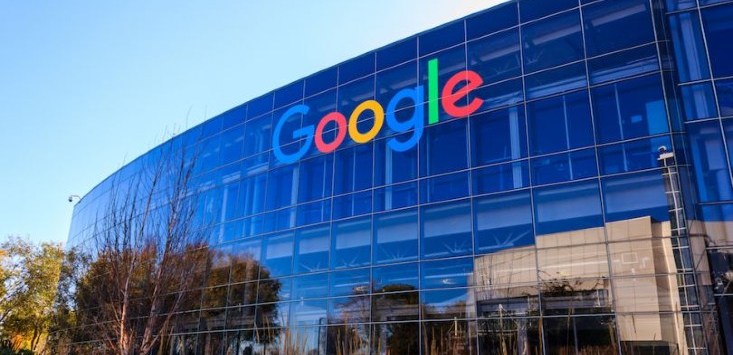
When it comes to naming a startup, it seems that silly and nonsensical names are on the way out, and evocative language, on-the-nose descriptors and, weirdly, baby names, are in.
That’s according to research from Crunchbase, which has highlighted naming trends among early-stage startups funded over the past year.
The research is based on the names of more than 1,000 startups founded in English-speaking countries that have raised seed funding in the past year.
Crunchbase also tries to limit itself to startups founded within the past three years, to ensure it has its finger firmly on the pulse of naming trends, but there are exceptions.
This year, the report found startups are moving away from the silly-names-stand-out mindset.
It’s a continuation of a trend Crunchbase first identified in its 2019 report. At that time, Athol Foden, president of naming consultancy Brighter Naming, was already suggesting we had reached “the edge of strangeness”.
Consumers are becoming less tolerant to weirdness, he told Crunchbase News at the time.
But 12 months ago, there seemed to be more examples of off-the-wall monikers than we’re seeing today.
They haven’t gone away entirely. (See Marshmallow for an insurance startup and Mush for parent advice tech.) But we’re more likely to see mash-ups of words we already know.
“The crazy, silly, weird-spelling name trend seems to have waned a lot,” Foden said in this year’s report.
“People are a bit longer with the names, and going back to English words.”
Crunchbase highlighted some emerging trends in the startup name game.
First, more companies are using evocative language — think Wise, for a fintech, Cohesion for a smart-home business, or Mighty for a remote workflow tool.
While they may bring on the warm and fuzzies, such simple feel-good names are also in demand, the report said. Their popularity, it adds, may reflect waning concern about securing a domain name with their exact branding.
The report also noted an uptick in companies using straight-laced names that describe exactly what the business does. The Browser Company, for example, pretty much does what it says on the tin. Grow Credit helps users build their credit history. New Age Meats grows meat in a lab.
They may be a yawn-fest, but these names are easy to remember, and no one’s going to be asking whether you’re talking about the 3D-printing startup or the SaaS fintech.
We’re also seeing more startups choosing to associate their companies with traditionally ‘human’ names. For example, Lili, Nate, and Gretel.ai. The report also refers to two startups named Oliver.
Such names are particularly popular among AI startups and chatbot developers, the report notes. Comforting or terrifying? You decide.
And finally, because some things never change, the final trend marks a continuation of the ‘creative misspellings’ trend.
Cann, for example, makes cannabis-infused drinks. Shef is an earning platform (you guessed it) for local chefs.
Choosing a name for your business is perhaps one of the trickiest parts of getting started.
Not only do founders have to stand out, but they also have to make sure their branding is in line with their values and what they do, and that their top contender isn’t already being used by an unknown competitor somewhere. That’s before we get into puns, word games and things you might one day name a child.
But, if you’re in this predicament and leaning towards the nonsensical, don’t fret. All trends are cyclical, the Crunchbase report says.
“While simpler monikers are in favour now, we wouldn’t rule out a return to the sillier brands,” it says.
“After all, it’s hard to dismiss the potential of weird names when a Silicon Valley garage-launched startup called Google is now worth more than $1 trillion.”


COMMENTS
SmartCompany is committed to hosting lively discussions. Help us keep the conversation useful, interesting and welcoming. We aim to publish comments quickly in the interest of promoting robust conversation, but we’re a small team and we deploy filters to protect against legal risk. Occasionally your comment may be held up while it is being reviewed, but we’re working as fast as we can to keep the conversation rolling.
The SmartCompany comment section is members-only content. Please subscribe to leave a comment.
The SmartCompany comment section is members-only content. Please login to leave a comment.